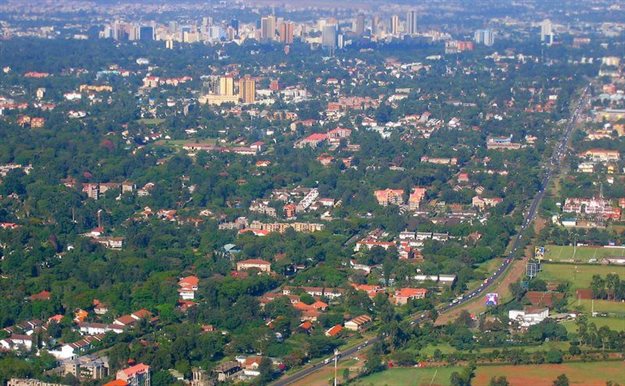Nairobi luxury home price growth slows in Q1

This is the most significant reduction in values in a 12-month period that Nairobi has ever recorded since the index commenced recording data. The trend has been occasioned by continued oversupply, with large numbers of new properties coming into the market, and relatively few transactions in the high-end residential market.
In the three months to March, luxury home prices softened by half a percentage point, continuing a trend that has seen prices drop or remain unchanged in the city for the eighth consecutive quarter since the second quarter of 2017.
The price decline saw Nairobi drop in ranking to 42nd out of the 45 locations tracked by the global index. Cape Town, the only other African city in the PGCI, is ranked 19th with a 2.1% increase in the 12-month period and a marginal 0.1% price decline in the quarter.
Prime residential values in Nairobi peaked in the first three months of 2016 and have since fallen by a cumulative 9.2% over the last three years. However, luxury home values are still about 38% higher than in 2010, representing decent capital gains in the high-end market segment.
Further drops expected
Anthony Havelock, head of agency at Knight Frank Kenya, said: "Data tends to lag the market and we believe we will see further drops in the coming months as the market has continued to soften. Owing to the high values of the properties tracked and the current supply levels, plus the ongoing credit crunch, transactions will remain few and staggered unless vendors become realistic on pricing."
The build-up in supply has also resulted in high vacancy levels in the rental segment, piling pressure on rents in the top end of the market with further reductions expected.
Generally, luxury home price growth has slowed worldwide in recent years with the PGCI now averaging 1.3%, the lowest annual rate since the final quarter of 2009 when the world was in the grip of the financial crisis.
Berlin and Moscow were the exceptions in the index, recording double-digit annual price growths of 14.1% and 12% respectively in the year to March 2019, ranking them first and second on the PGCI. The two cities are among those riding on limited supply and relative affordability.
Canada’s Vancouver was the worst performer in the 12-month period with prime residential prices falling by 14.5%, followed by a 9.9% drop in Istanbul, Turkey.
Download the Knight Frank Prime Global Cities Index here.






















